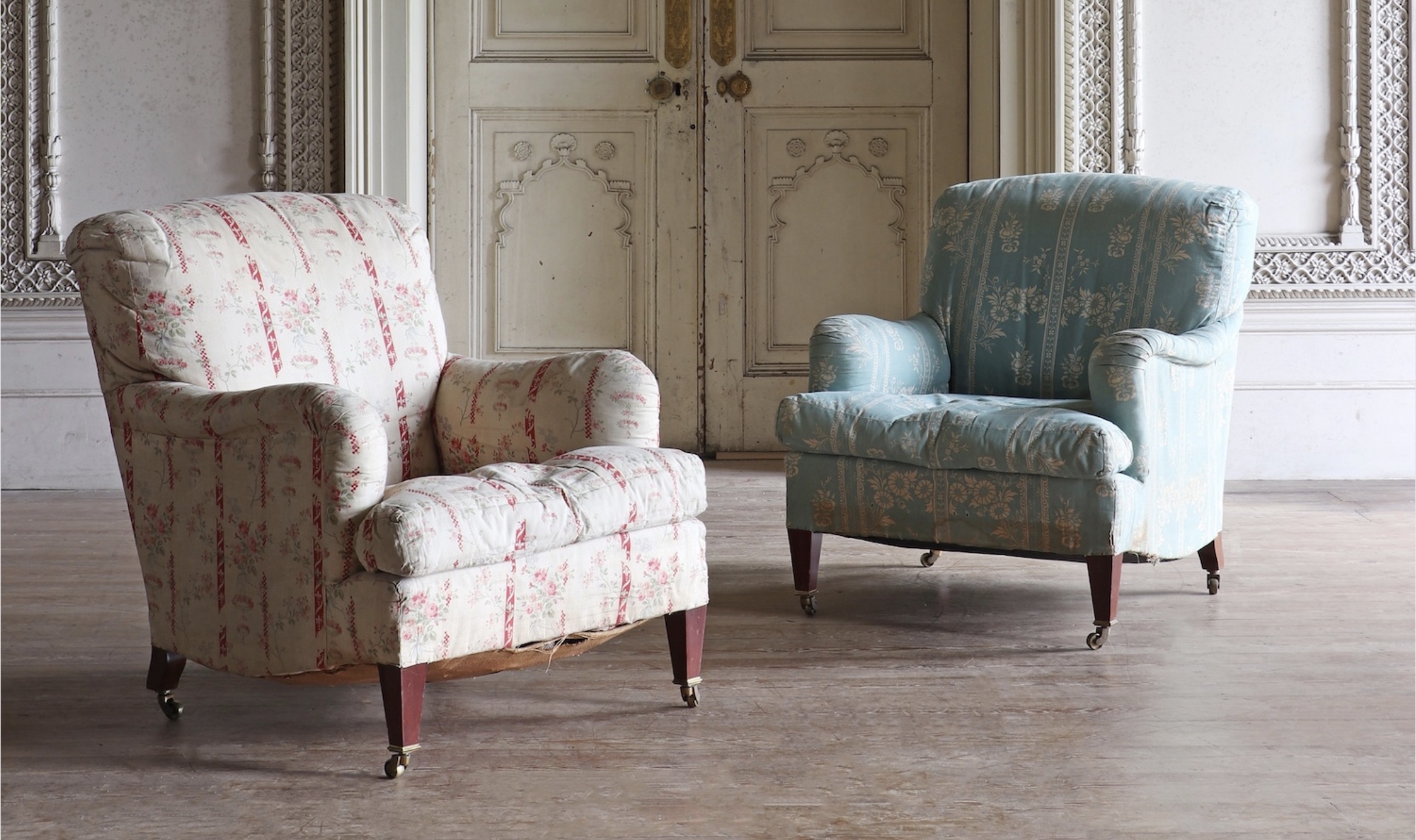#Elveden #Hall #sale #set #Sworders #Antique #Collecting
 Essex auctioneers Sworders has announced they will conduct a single-owner auction for Lord Iveagh at Elveden Hall in Suffolk this autumn.
Essex auctioneers Sworders has announced they will conduct a single-owner auction for Lord Iveagh at Elveden Hall in Suffolk this autumn.
The September 14 auction will include inherited furnishings with Guinness family connections from several properties including Elveden and Farmleigh, the Irish State Guesthouse.
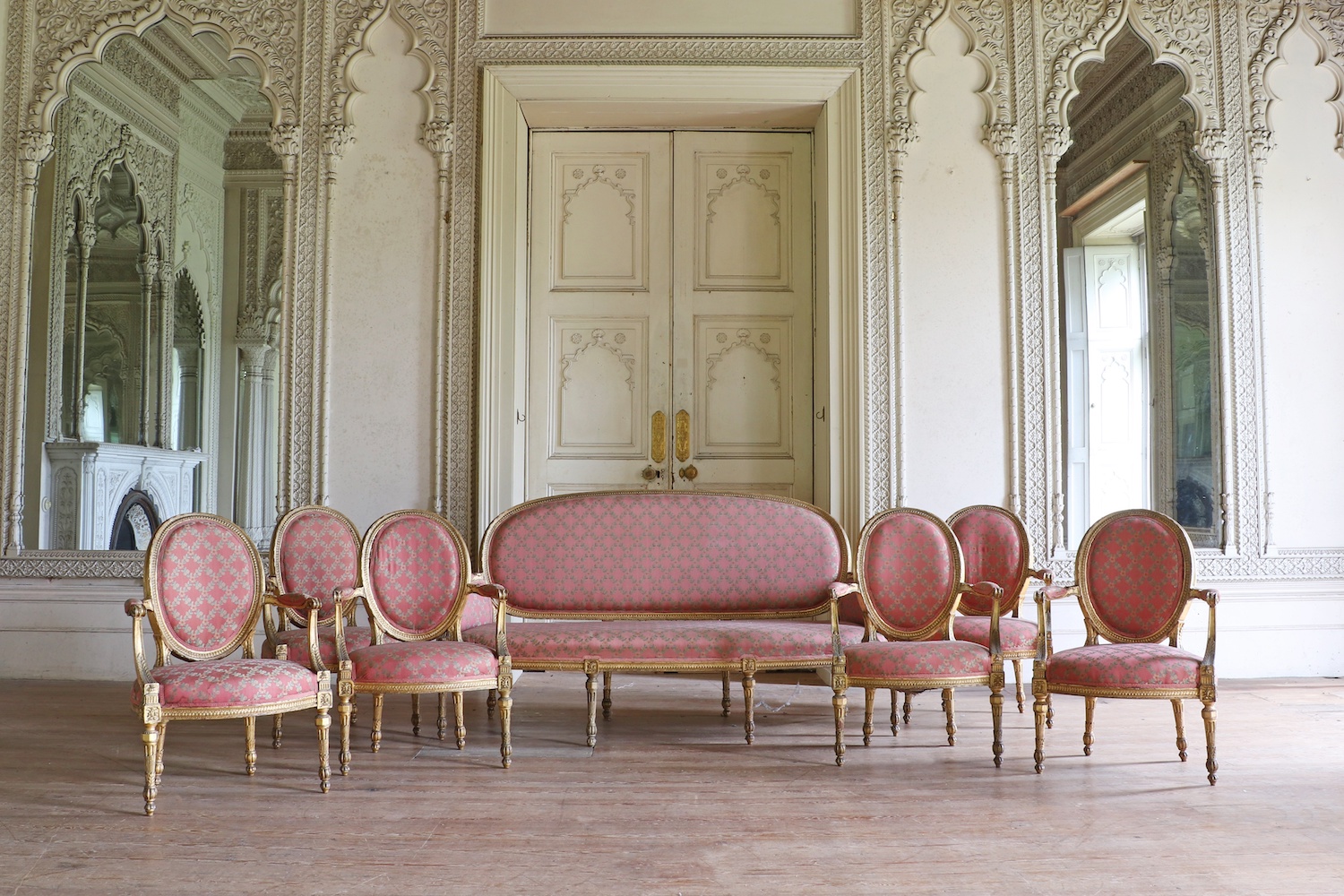
The auction itself will be held in the oak-panelled Dining Room at Elveden Hall with a pre-auction reception staged in the Mughal-inspired Main Hall that was built for the estate’s most famous occupant, the Maharajah Duleep Singh.
Estimates will range from £200 up to more than £20,000 for an array of English and Irish furniture, rugs, taxidermy and pictures.
Highlights include:
an Irish giltwood mirror in the manner of Thomas Chippendale, with an estimate of £20,000-£30,000
a Louis XV floral marquetry bombe commode with Breccia marble top, estimated at £8,000-£12,000
a set of six giltwood open armchairs and a matching sofa to a Chippendale design but late 19th century is guided at £3,000-5,000.
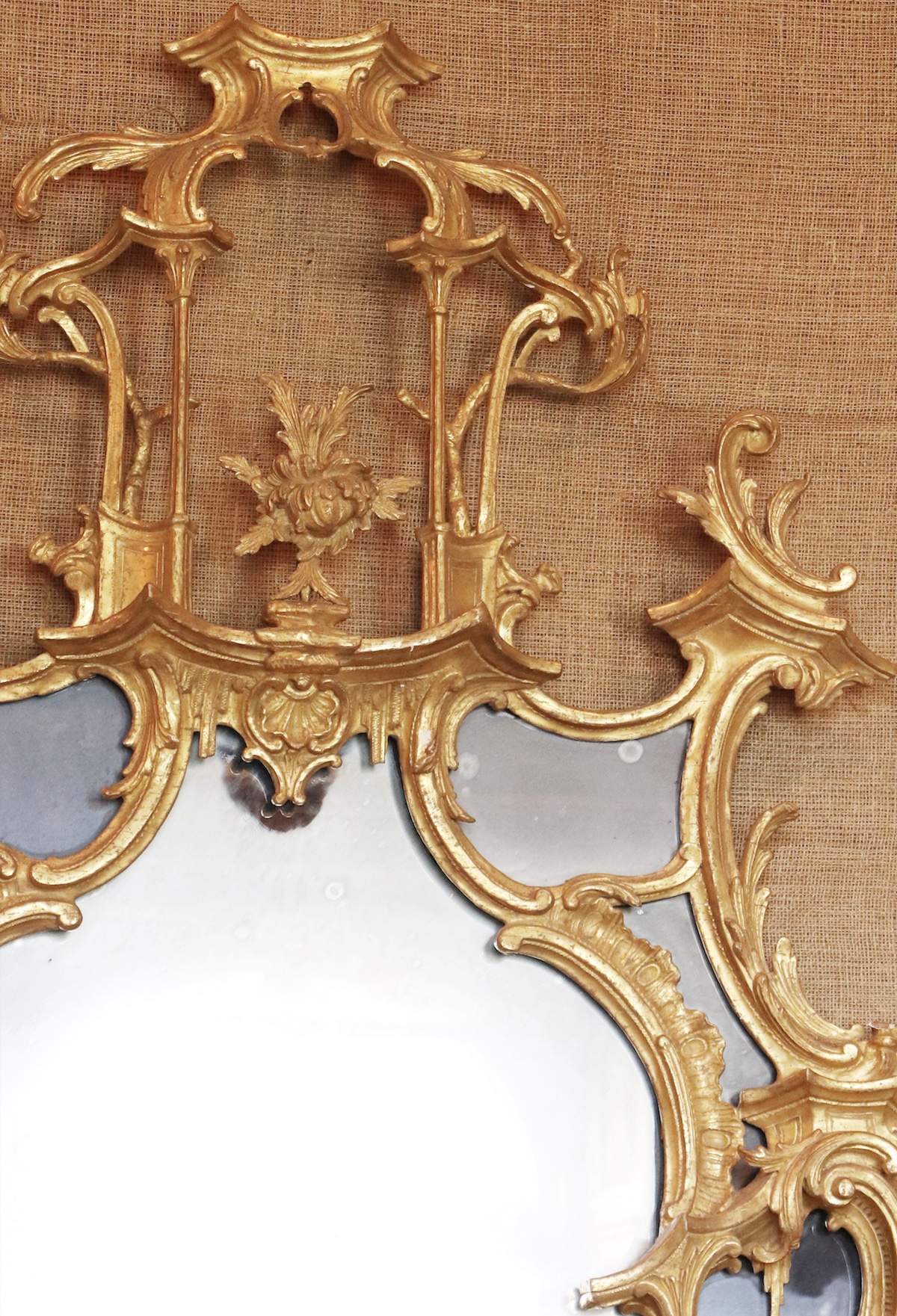
About the Guiness family
Histories of the Guinness family tend to start with Arthur Guinness (1725-1803) who in 1759 left his hometown of Leixlip to take over a small brewery at St James’s Gate in Dublin. He started out by brewing a standard Dublin ale but by 1799, production of ale had ceased with the popularity of a darker beer he made using roasted barley.
By the 1860s, Guinness stout was available all over the world and its golden harp an internationally recognised trademark. The firm was also becoming recognised in other ways. A level of employee welfare had been pioneered, while the Guinness family had begun to give back to the city where they had enjoyed so much success. A philanthropic tradition that began with Arthur Guinness himself has been passed on from father to son for generations.
The present-day Guinness baronets descend from Edward Cecil Guinness (1847–1927), the great-grandson of Arthur Guinness and the 1st Earl of Iveagh and Viscount Elveden. Managing director of the Guinness partnership from 1868, by the age of 29 he had taken over sole ownership of the Dublin brewery and brought unprecedented success to St James’s Gate. When in October 1886, Guinness became a public company, it was averaging sales of 1.138 million barrels of beer a year.Edward Guinness remained chairman of the board for life and the company’s largest shareholder.
However, in semi-retirement he was also able to turn his attentions to other passions. Alongside the Guinness Trust in London and the Iveagh Trust in Dublin, established in 1890 to help the underprivileged in the inner cities, from the 1870s Edward Cecil amassed a distinguished collection of Old Master paintings, antique furniture and historic textiles. His London home at Hyde Park Corner, Farmleigh in Dublin’s Phoenix Park (bought in 1873) and later the Elveden Hall estate in Suffolk (1893) all became vehicles for his taste.
Much of his collection of paintings was donated to the nation after his death in 1927 and is housed at the Iveagh Bequest at Kenwood, Hampstead. However, many other heirlooms remained in the Iveagh family, some of them offered for sale here for the first time in generations.
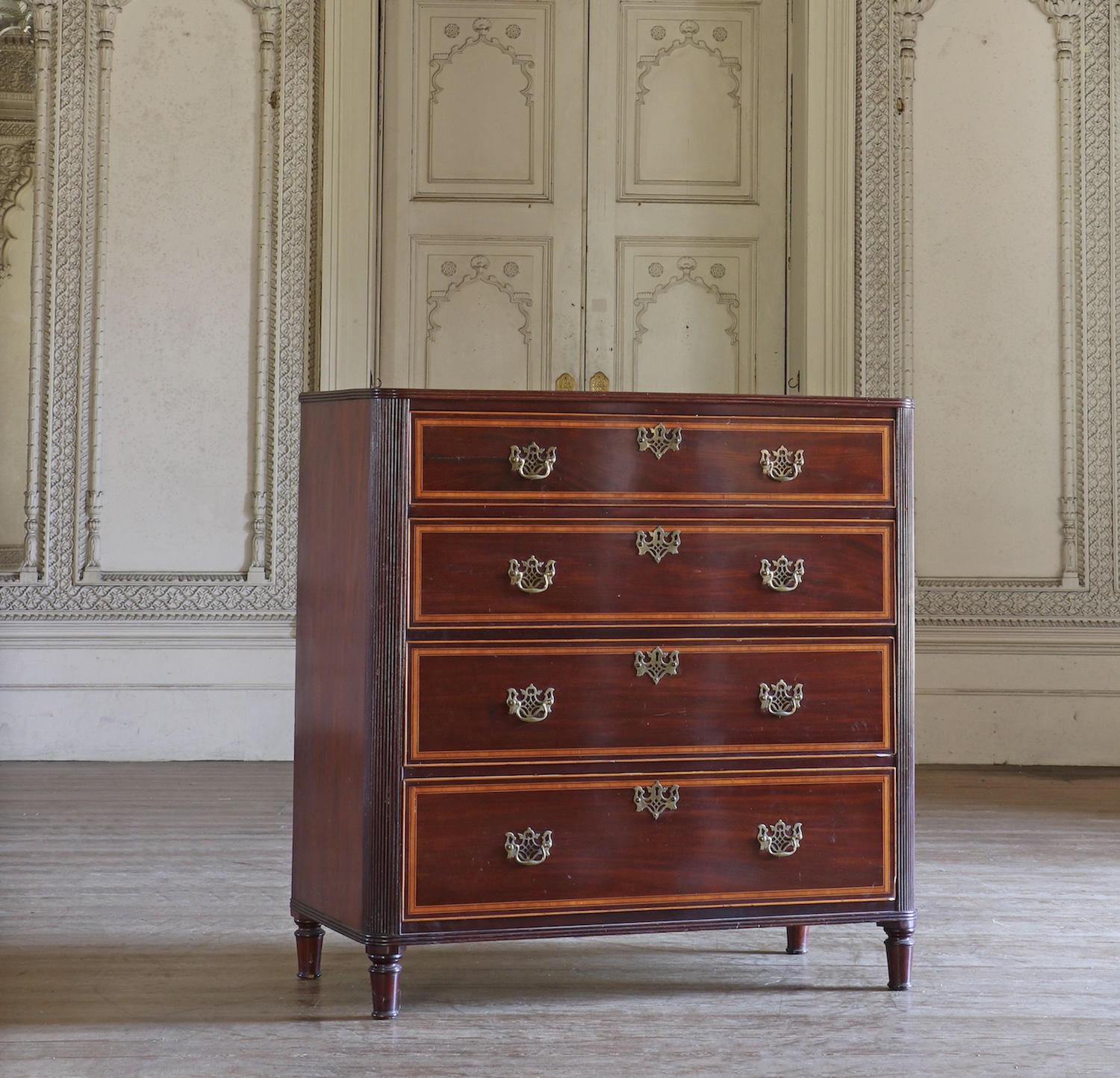
Duleep Singh and Elveden Hall
Removed from his kingdom by the British East India Company, Duleep Singh (1838-1893), the last Maharajah of the Sikh Empire, was exiled to England as a boy in 1854. He purchased Elveden Hall estate (once the home of Admiral Augustus Keppel) in 1863, and employed the architect John Norton to remodel the property with an Italianate exterior and interiors based on the Mughal palaces that had been his home.
He transformed the run-down estate into a game reserve and it was here that Duleep gained his reputation as the fourth best shot in England. The estate became famous for its shooting parties that were a favourite of Queen Victoria.Despite settling into life in the English countryside at Elveden – rebuilding the village’s school, church and cottages – the maharaja’s heart was still in India, so much so that he left Elveden in 1886 to journey to the Punjab in an attempt to re-establish his dynasty there. Unfortunately, this was a futile attempt and he never returned to England, dying in Paris in 1893.
Elveden Hall, along with its 16,000 acres, was sold to Edward Cecil Guinness (created Earl of Iveagh and Viscount of Elveden in 1919), and it was he who built the Elveden War Memorial – the towering 113-feet high Corinthian column made to commemorate the forty-eight men from the parishes of Elveden, Icklingham and Eriswell who died in the First World War. Today, it makes a popular landmark for holidaymakers on their way to the beaches of Norfolk.
It was Rupert Guinness, 2nd Earl of Iveagh, who transformed the lands for agricultural use in 1927 and later ceded the hall for use as the headquarters of the United States Army Air Forces during the Second World War. The entire contents, excluding items previously sent to Farmleigh, were sold at auction in 1984. Since then, the house has been closed to the public, although its unique and impressive architecture and surrounding landscapes are a popular venue for film and creative industries.
Farmleigh estate
Farmleigh, the Irish State Guesthouse, was bought by the 1st Earl of Iveagh in 1873 and extensively remodelled after the Guinness brewing business was floated on the Stock Exchange in 1886. Although viewed as a rural retreat and used only for short periods in the spring and summer months (the family’s main residence was 80 St Stephen’s Green, now the department of Foreign Affairs) it was nonetheless furnished with elements of what became an important art collection. Shopping at London galleries such as Duveens and Agnews, the 1st Earl acquired art and furniture for his many houses. Farmleigh was sold to the Irish State by Arthur Guinness, the 4th Earl of Iveagh, in 1999. It includes the wonderful collection of books – from early bindings to modern first editions – assembled by Benjamin Guinness, the 3rd Earl of Iveagh.
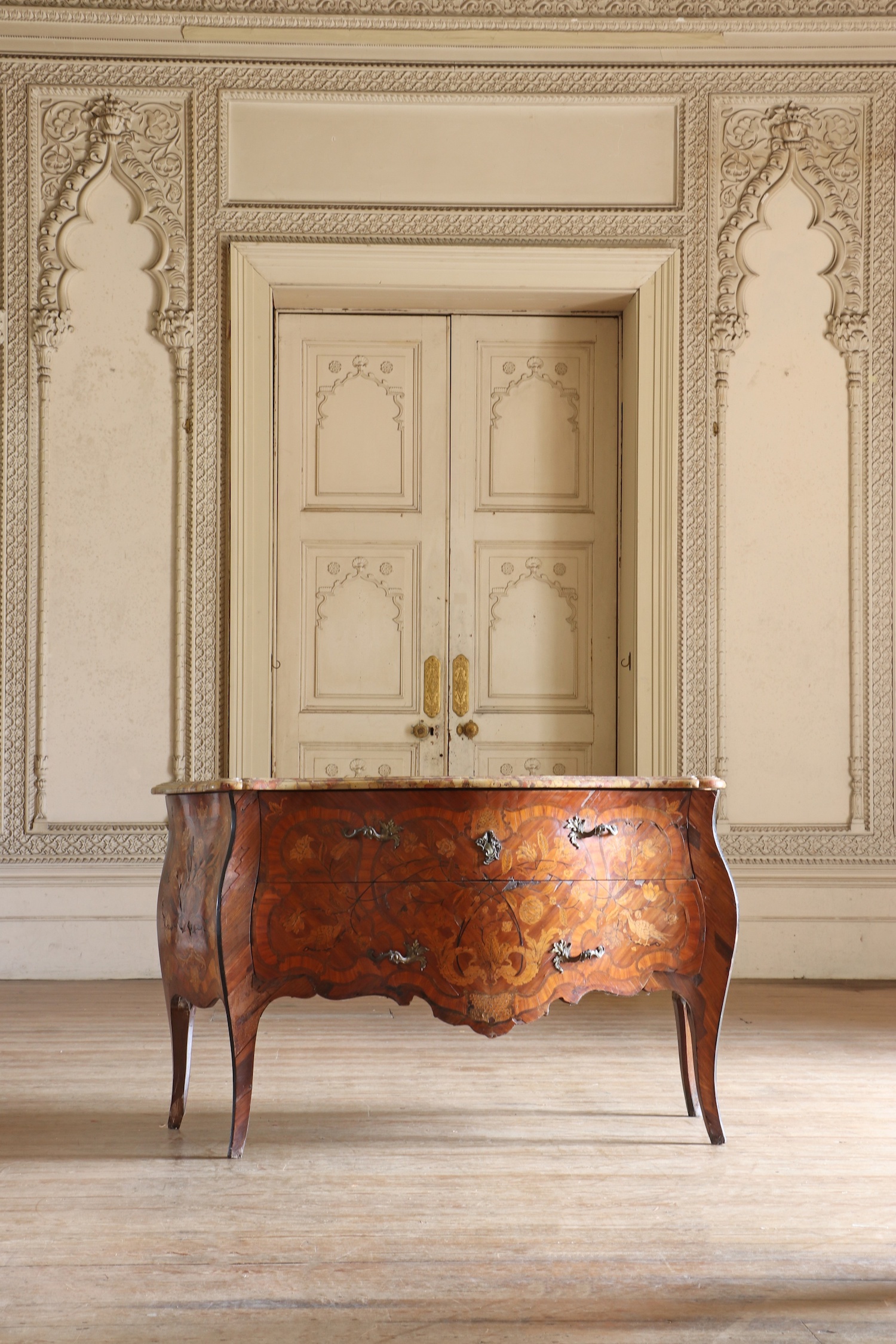
Commenting on the upcoming sale, Lord Iveagh said: “My family has either especially commissioned or bought items to live at our various households in England and Ireland. In particular, Edward Cecil and Adelaide Guinness, my great-great grandparents, amassed items to furnish their homes at Elveden, Suffolk and Farmleigh, Dublin. At that time English and Irish furniture making was at its height, drawing upon a broad base of skills and the fruits of growing international trade to fashion items of the quality and materials that just can’t be matched today.
He continued: “Supply is now dwindling and, in the era of fast, cheap and throwaway furniture, they may never be available again. I am delighted to offer these items for others to enjoy, as my family has ceased to live in the large-scale homes we have formerly enjoyed. I wish all the new owners of these Guinness heirlooms years of enjoyment from their purchases. The vast majority of these items are likely to survive for generations to come.”
Director at Sworders Luke Macdonald, said: “It’s a huge honour for Sworders to be asked to conduct this auction for Lord Iveagh. The Guinness family name is one that resonates across the world and is today synonymous not just with brewing but also with the connoisseurship of art and antiques. Many of the objects we are bringing for sale were bought by Edward Cecil Guinness, 1st Earl of Iveagh and have been treasured by generations of the family.”

